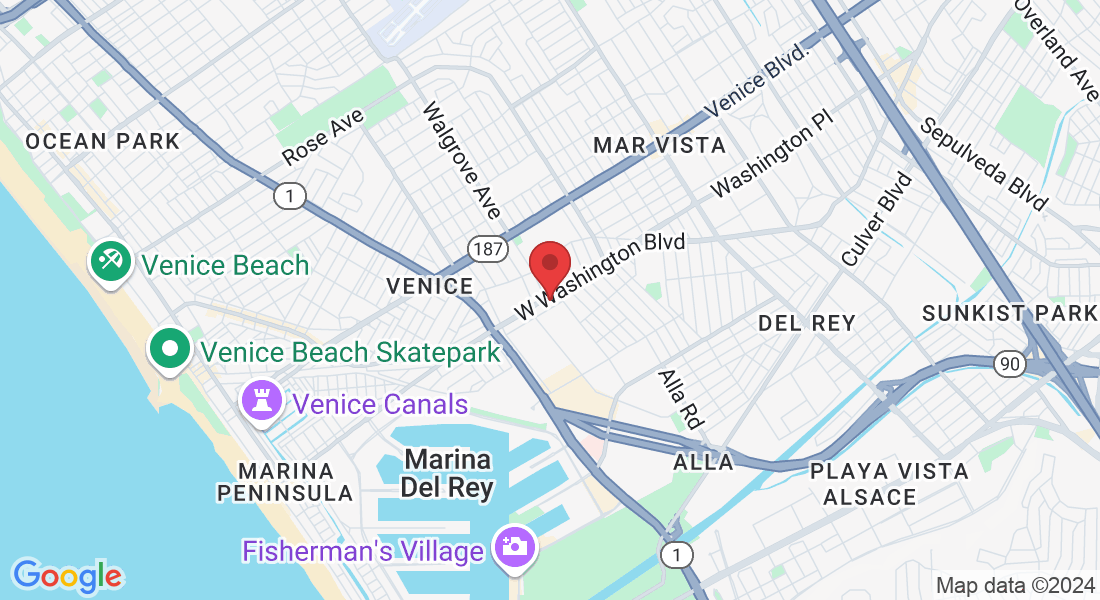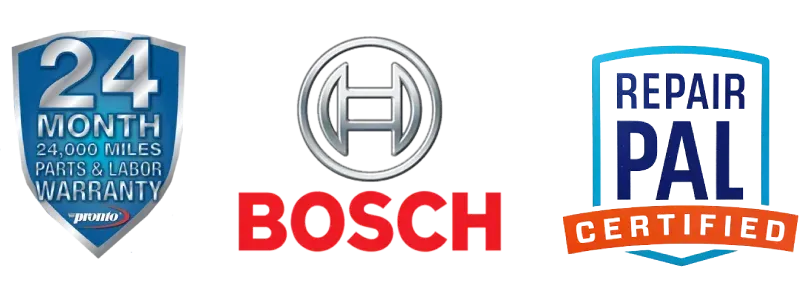Mon-Fri 8:00AM - 5:00PM , Sat 8:00AM- 2:00PM
BRAKE REPAIR WEST LOS ANGELES
Premium Brake Repair - 24 month or 24,000-mile warranty on Brake Service

Do your vehicle’s brakes squeal when you step on the brake pedal? Do you feel the car shudder before coming to a stop? Fortunately, Automed Euro is here with the Los Angeles brake repair services you need. We are an independent car repair shop equipped with dealer-grade tools and equipment.
Our ASE-certified mechanics will perform brake system evaluation, brake pad or brake shoe replacement, brake calipers installation, resurfacing of serviced rotor or drum, master cylinder replacement, brake fluid exchange, brake hose replacement, brake system adjustment, and parking brake service.
We install only the top-quality brake parts, pads, rotors, and calipers. Our staff regularly works on two-wheel, four-wheel, and all-wheel drive cars, and offer stellar brake services. We stand behind the quality of our hard work. Our repair and service come with an outstanding 24 month or 24,000-mile warranty available for all services. We only use supreme-quality brake pads and fluids.
OUR SERVICES
Schedule Your Appointment Today
WEST LOS ANGELES BRAKE REPAIR EXPERTS
Our mechanics are experts at diagnosing brake problems, so we’ll have you back on the road quickly and safely, no matter the issue. We use the latest diagnostic equipment and best practices to thoroughly inspect the braking system, including pads, fluids, rotors, hydraulic braking systems, and other components. Our specialists can even take precise measurements of brake pads and shoes to evaluate how much additional wear they can withstand. If we think you can safely get extra miles out of the brakes and pads, we’ll let you know and provide you with a schedule for when they should be checked next.
Our brake services includes the following:
Brake Vacuum Pump Replacement
Brake Pad Replacement
Wheel Cylinder Replacement
Rotors/Discs Replacement
ABS Speed Sensor Replacement
Brake Shoe Replacement
Anti-Lock Control Relay Replacement
Caliper & Line Replacement
Emergency/Parking Brake Cable and Shoe Replacement
Brake Drum & Hose Replacement
Parking Brake Release Cable Replacement
Brake Master Cylinder Replacement
Brake Flush Service
Schedule Your Appointment Today
Why Choose Our Brake Repair Shop?
For top-quality, reliable brake repair in Los Angeles, trust your vehicle to Automed Euro specialists. Our top-class mechanics have been specializing in automotive braking systems for over 30 years. We use only high-quality OEM parts to ensure lasting performance and safety and back our work with a complete warranty on parts and labor.
Bosch certified service center.
ASE certified mechanics
30+ years of experience
Dealer grade car diagnostic equipment and tools
Five-start reputation, check out our reviews
Fully equipped auto repair shop
Family-owned & operated company
24 Month/24,000 miles warranty on parts and service
Complete customer satisfaction
Free Wi-Fi and coffee
Pick-up and drop-off service
Auto Brake Specialists West Los Angeles – (424) 353-0024
Avoid dealing with a subpar, inexperienced tire shops. Choose Automed Euro, the best tire balancing and rotation West Los Angeles has to offer. You can trust our qualified team to provide you with quality car care at competitive prices. Call us today or set an appointment online.
TIRES REPAIR FAQS
We now have an FAQ list that we hope will help you answer
some of the more common ones.
When to Replace Tires?
There are many signs that you may need to replace car tires. Weathering, damage, and irregular wear can all indicate a need for new tires. Still, the most common sign is low tread depth. As tires wear, the tread depth and circumferential grooves become shallower, decreasing the tire’s wet weather traction. A tire with 2/32nds of the tread is considered legally worn in certain states. Tires worn to this point must be replaced.
How Often to Replace Tires?
The NHTSA recommends that tires be replaced every 6 years regardless of the number of miles driven. Proper inflation is the ultimate goal of tire maintenance. Too much or too little air in the tires is guaranteed to cause you problems and excessive or uneven wear during the time.
How Often Should I Check Tire Pressure?
It’s recommended to check the air pressure in the tires at least once a month because all tires lose air over time. Inspect the tire pressure before you take a long drive or when you haul or tow a heavy load. It’s best to scrutinize the tires when your truck or car has been parked for several hours.
Why Tires Need Balancing?
Tire or wheel balancing is done to slow tread wear and maximize tires’ life. Fixing weight imbalances can solve vibration issues and other problems that hinder overall performance.
How Often Should I Replace Spare Tire?
Since a spare tire gets quite little use, it should last many years, but like all rubber products, the material will gradually deteriorate over the period. You can do the identical inspection on the spare tire as you do on the regular tires by looking for signs of tread wear.
What Is the Best Air Pressure for Tires?
The correct pressure for your tires is recommended by your vehicle’s manufacturer. Look inside the driver’s door for the optimal tire inflation pressure for your car, or check the owner’s manual.
Why Do Tires Need to be Rotated?
Tire rotation is crucial for both your safety and for extending the life of the tires. When tires are shifted to new positions, the pattern of wear on each tire also changes through moving friction and torque to different areas of the tread. Ensuring even tread wear improves cornering and braking by keeping traction consistent across all of the tires, and it enhances fuel efficiency, also.





